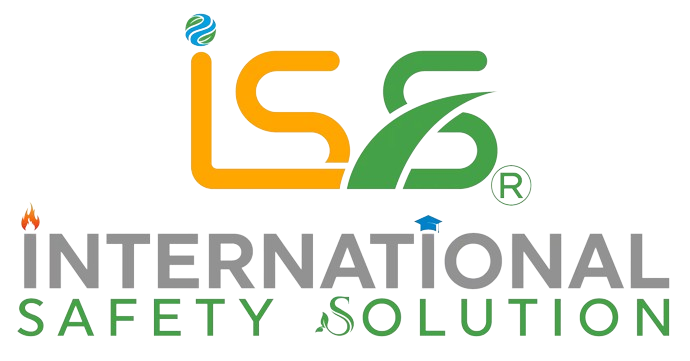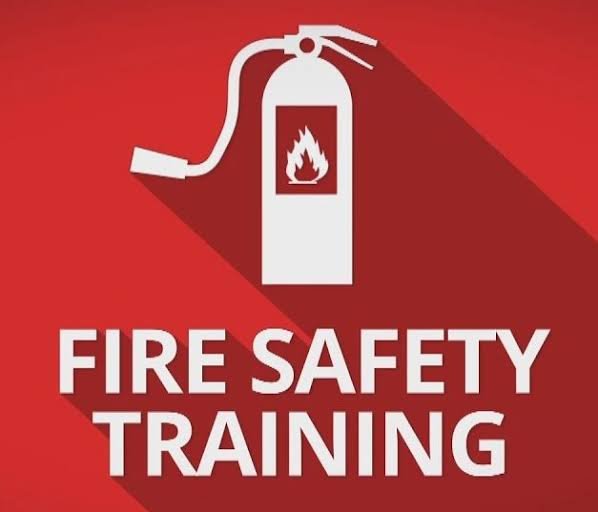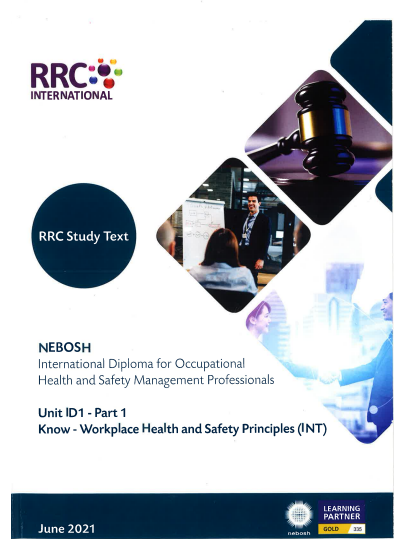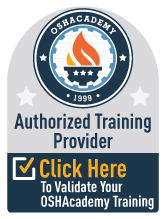As safety concerns continue to be a top priority in various industries, the role of safety officers has become increasingly crucial. Safety officers play a vital role in ensuring the well-being and protection of workers, as well as the overall safety of the workplace. In this article, we will explore what safety officers do, the qualifications required for the role, the importance of safety rules, and the different types of safety.
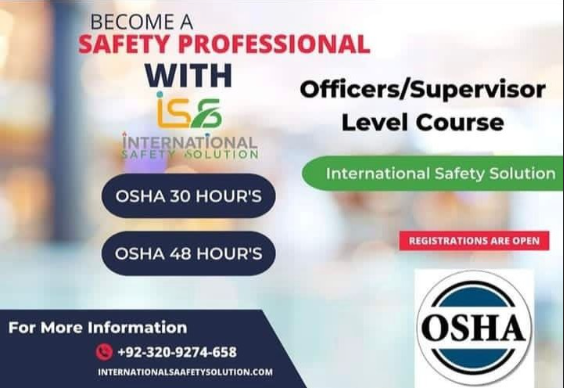
What is a Safety Officer?
A safety officer is an individual responsible for overseeing and implementing safety protocols within an organization. Their primary goal is to prevent accidents, injuries, and occupational hazards by identifying potential risks and implementing preventive measures. Safety officers are typically found in industries such as construction, manufacturing, healthcare, and transportation.
The Role of a Safety Officer
As a safety officer, your role is multifaceted and involves various responsibilities. Some of the key duties include:
- Conducting regular inspections and risk assessments to identify potential hazards
- Developing and implementing safety policies and procedures
- Providing training to employees on safety protocols and best practices
- Investigating accidents, incidents, and near-misses to determine their causes and prevent future occurrences
- Maintaining safety records and documentation
- Collaborating with management and employees to create a culture of safety
Qualifications for a Safety Officer
While there is no specific degree required to become a safety officer, a background in occupational health and safety or a related field is highly beneficial. Some of the degrees that can help you excel in this role include:
- Bachelor’s degree in Occupational Health and Safety
- Bachelor’s degree in Environmental Health and Safety
- Bachelor’s degree in Industrial Hygiene
- Bachelor’s degree in Engineering with a focus on Safety
Additionally, obtaining certifications such as the Certified Safety Professional (CSP) or the Occupational Health and Safety Technician (OHST) can enhance your credibility and job prospects as a safety officer.
The Importance of Safety Rules
Safety rules are guidelines and procedures put in place to ensure the well-being and protection of individuals in the workplace. These rules are designed to prevent accidents, injuries, and occupational hazards. Adhering to safety rules is crucial for maintaining a safe and healthy work environment. Some common safety rules include:
- Wearing appropriate personal protective equipment (PPE)
- Using equipment and machinery correctly
- Reporting any hazards or unsafe conditions
- Following proper emergency procedures
- Maintaining cleanliness and organization in the workplace
Understanding Risk in Safety
Risk in safety refers to the potential for harm or loss that exists within a workplace or any given situation. Safety officers are responsible for identifying and assessing these risks to implement appropriate control measures. By understanding and managing risks effectively, safety officers can minimize the likelihood of accidents and create a safer working environment for all employees.
Safety Full Form
Safety is an acronym for “Stay Alert for Every Task, You’re Responsible”. This phrase emphasizes the importance of being vigilant and accountable for safety in all tasks and activities performed.
The Three Types of Safety
When it comes to workplace safety, there are three main types:
- Physical Safety: This refers to protecting individuals from physical harm, such as preventing falls, providing proper ergonomics, and ensuring the safe use of equipment.
- Psychological Safety: This focuses on promoting a positive work environment that supports mental well-being and emotional health. It involves addressing issues such as bullying, harassment, and stress management.
- Process Safety: Process safety encompasses the prevention of major accidents, such as fires, explosions, or chemical releases. It involves implementing safety measures in industrial processes and handling hazardous substances.
Ten Safety Rules
Here are ten essential safety rules that should be followed in the workplace:
- Always wear appropriate personal protective equipment (PPE) for the task at hand.
- Follow proper procedures and guidelines when using equipment and machinery.
- Report any hazards or unsafe conditions to your supervisor or safety officer.
- Take regular breaks and avoid overexertion to prevent fatigue-related accidents.
- Keep walkways and work areas clean and free from clutter or obstacles.
- Follow proper lifting techniques to prevent strains and injuries.
- Be aware of and comply with emergency procedures and evacuation plans.
- Use caution when working at heights and always utilize fall protection equipment.
- Practice good ergonomics to prevent musculoskeletal disorders.
- Participate in safety training and stay updated on safety protocols and procedures.
By following these safety rules and guidelines, individuals can contribute to a safer work environment and reduce the risk of accidents and injuries.
In conclusion, safety officers play a crucial role in ensuring the well-being and protection of workers in various industries. Their responsibilities include implementing safety protocols, conducting inspections, providing training, and investigating incidents. By adhering to safety rules and understanding the different types of safety, individuals can contribute to creating a safer work environment for everyone.
Apply for Safety Officer Certifications: –
FInd Jobs as Per Your Qualifications: –
